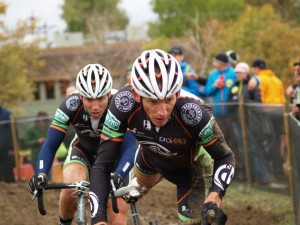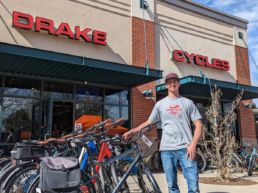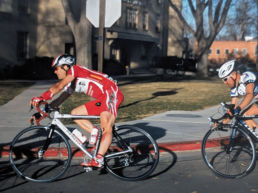 If you have any physiology, performance, or nutrition related questions, email Ben at ben@yourgroupride.com.
If you have any physiology, performance, or nutrition related questions, email Ben at ben@yourgroupride.com.
It is pretty clear that exercise has extensive health benefits. For a lot of us, this is a primary motivation for training. However, there are many in the cycling community (admittedly I am not one) who also look after the health of mini-versions of themselves, their children. Of course there is the environmental, social, and psychological implications of having an influential family member who is practicing a healthy lifestyle. However, there are deep biological implications as well. These biological implications are primarily relevant to your mini-versions that are not yet born. In this column, I will explain the basics of how your lifestyle decisions affect your yet unborn offspring and potentially their offspring.
Most are familiar with the “survival of the fittest concept” of Darwin. At its most basic, Darwinian evolution is based on the concept that mutations in genes that makes a species compete more successfully in their surroundings will be retained and passed on. For this discussion, I want to highlight the mechanism; mutation in a gene = phenotypic change. Although this is the primary mechanism, our genotype has remained largely maintained for 200,000 years, which coincides with the speciation of homo sapiens.
An exciting new area is the understanding of “epigenetic” modifications, which means above (epi) the genome. Epigenetic modifications do not change the DNA code per se (the CTAG that many are familiar with), but rather make modifications to DNA (independent of the code) that change the likelihood that genes are expressed or repressed. To simplify, the code for the genes stays the same, but how the much the genes are expressed changes. The most exciting realization of epigenetic modifications is that it allows for acquired traits in a lifespan. In other words, phenotypic changes are not reliant on a random mutation that happens to be favorable and passes generation by generation through an entire species. Instead, traits can be acquired WITHIN a lifespan. The coolest thing about all of this is that the epigenetic modification can be passed onto offspring and even as far as the offspring’s offspring.
Let us get beyond the mechanisms and talk about what this means practically. To help, a real life example is helpful. Near the end of World War II, in areas of western Holland, German occupation cut off food supplies to densely populated areas. It is estimated that many people were surviving on as little as 500 calories per day. In a study conducted many years later (1990’s) it was found that the children of pregnant women exposed to the famine were more susceptible to diabetes, obesity and cardiovascular disease. Why was this? The explanation is that the developing fetus was likely restricted in calories while in utero. That in utero environment induced epigenetic modifications to genes, like insulin-like growth factor 2, in the developing fetus that allowed it to survive with restricted energy. When the baby was later born into a world where energy was not restricted, the epigenetic modifications proved to be maladaptive and lead to excess energy storage (obesity). What has also become apparent in this study, and has been confirmed in animal studies, is that the modifications were retained for two generations! Interestingly, siblings who were born after the war were not affected, showing that the effect could also be reversed by an adequate diet.
Many out there know that what a mom eats, drinks, smokes etc., has serious consequences for their offspring. Here I’ve described one reason why that is. However, it is important to realize that positive behaviors, e.g. exercise, can have equally beneficial effects on offspring’s health. Therefore, a healthy lifestyle, including cycling, can induce positive epigenetic modifications that affect your offspring, and the health of your offspring’s offspring. Admittedly, the research on the positive outcomes is less explored than negative outcomes, but I personally know some researchers who are involved with it and the data look good. The chance to give your children a head start on their overall lifelong health should not be a responsibility taken lightly and offers so much promise – the reciprocal is scary.
I want to make a couple departing statements regarding epigenetics and health. Although fathers are less influential than the mother, there is now evidence that there can be father to offspring transmission of epigenetic modifications. In other words, it is not just the mom’s responsibility. Second, for the astute among you, you will realize that a change in thinking is needed. Evolution does not necessarily rely on random mutations and outcompeting, but rather acquired characteristics within a lifespan can also be passed on. Many in evolution refer to this as Neo-Darwinism or The Modern Synthesis. Finally, for the very very astute among you, you will recognize that some current popular lifestyles that rely on the assumption that are genetics have not changed since our Paleolithic ancestors will realize that in that period of time we could have acquired traits that allow adaptation to modern lifestyles.
The take home message here is that your cycling is good for your health and the health of your yet to be born children.


